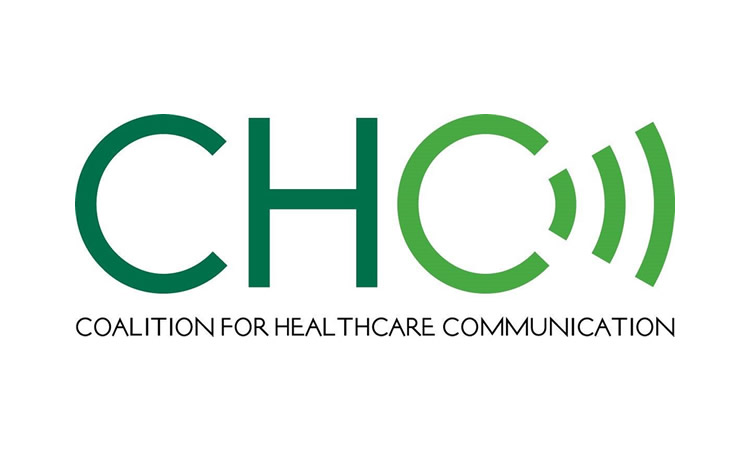Nov. 28, 2016 – Although President-elect Donald Trump was not who the Coalition for Healthcare Communication was preparing for in 2017, the organization will stay true to its mission of promoting and protecting the free flow of healthcare information under the Trump administration, according to Coalition Executive Director John Kamp, who spoke at the recent CHC member meeting in Washington, D.C.
“Our passions include that biopharma and device companies have a First Amendment right and a social responsibility to educate healthcare providers and patients about their products, that self-regulation is a hallmark of great communication, marketing and education, and that communication, marketing and education are just as important as R&D, and provide significant value to the healthcare system,” Kamp said.
How Trump’s administration will affect the biopharmaceutical industry is largely unknown, because he has taken “vague, shifting positions on healthcare,” Kamp remarked, adding that Trump “is in many ways sort of a blank slate” on drug marketing issues. “He is one of the few hanging around Washington who hasn’t criticized DTC advertising yet.”
Trump has criticized pharma pricing and favors importation and government negotiation of pricing and although he has said he will “repeal and replace the Affordable Care Act with ‘something terrific,’” the replacement part of the equation could reduce insurance coverage and the number of prescriptions written, Kamp noted.
Kamp also stated that Trump’s strong support for deregulation could affect FDA reform, which may have a negative effect on FDA approvals considering that approval rates are very favorable at the moment. Kamp said that industry should be aware that Office of Prescription Drug Promotion head Tom Abrams is not a political appointee, so no change is likely for that position. However, industry may see some deregulation in the area of off-label communication. Further, new appointees to the U.S. Supreme Court under Trump may be favorable to biopharma marketing, as these individuals would be likely to support commercial free speech.
The Coalition also will continue to focus on tax reform initiatives and retaining ad tax deductibility, Kamp stated. “There are really two ways that tax reform will affect us: (1) The elimination of tax deductibility on all advertising; or (2) The elimination of just DTC ad tax deductibility to pay for the Affordable Care Act,” he said. “Every time they calculate the tax revenues from eliminating the DTC deduction, they wipe out all marketing for pharmaceuticals, including details and samples.”
Although there were many Democrat-led proposals regarding DTC advertising in the past year, any bans on DTC ads would face a clear First Amendment challenge, Kamp told meeting attendees. He also said that a string of First Amendment court decisions are forcing the FDA to reconsider off-label communication bans. The recent two-day FDA hearings on this issue likely will lead to incremental change tied to research, data and real-world evidence, he said, and will start with the communication to the payer community.
As a whole, Kamp believes that we have entered a new era in medical communication, and that although constitutional mandates signal change, patient care demands a new view of sponsor communications. “Much of FDA regulation is tied to the print era, which largely has been bypassed by time, communication evolution, social change and evolving science,” he said. Moving forward, “communications policies must recognize the ability and the opportunity of one-on-one dialogue with payers, physicians and patients.”
His advice to Coalition members as the transition to a new administration begins is to remember the “Four Bs: (1) Be aggressive in communicating innovations to doctors and patients and in letting Washington hear your voices; (2) Be truthful, transparent and fully forthcoming, because it’s the right thing to do and it’s the law; (3) Be careful, because what’s legal, appropriate and expected is shifting; and (4) Be proud.”




